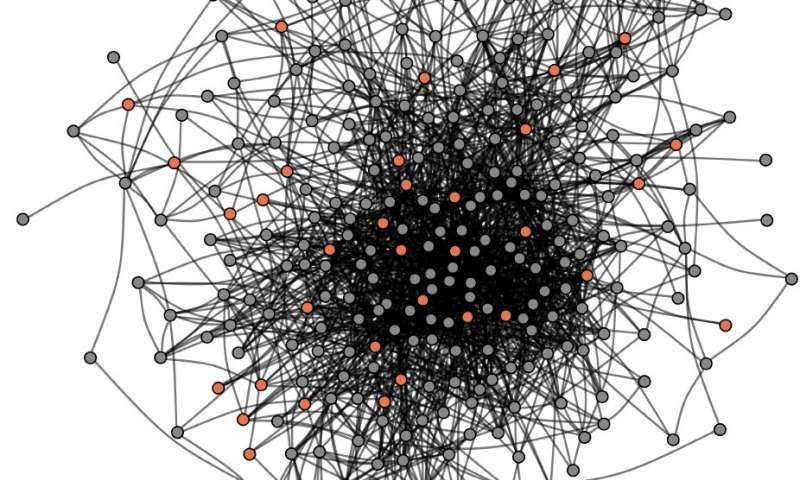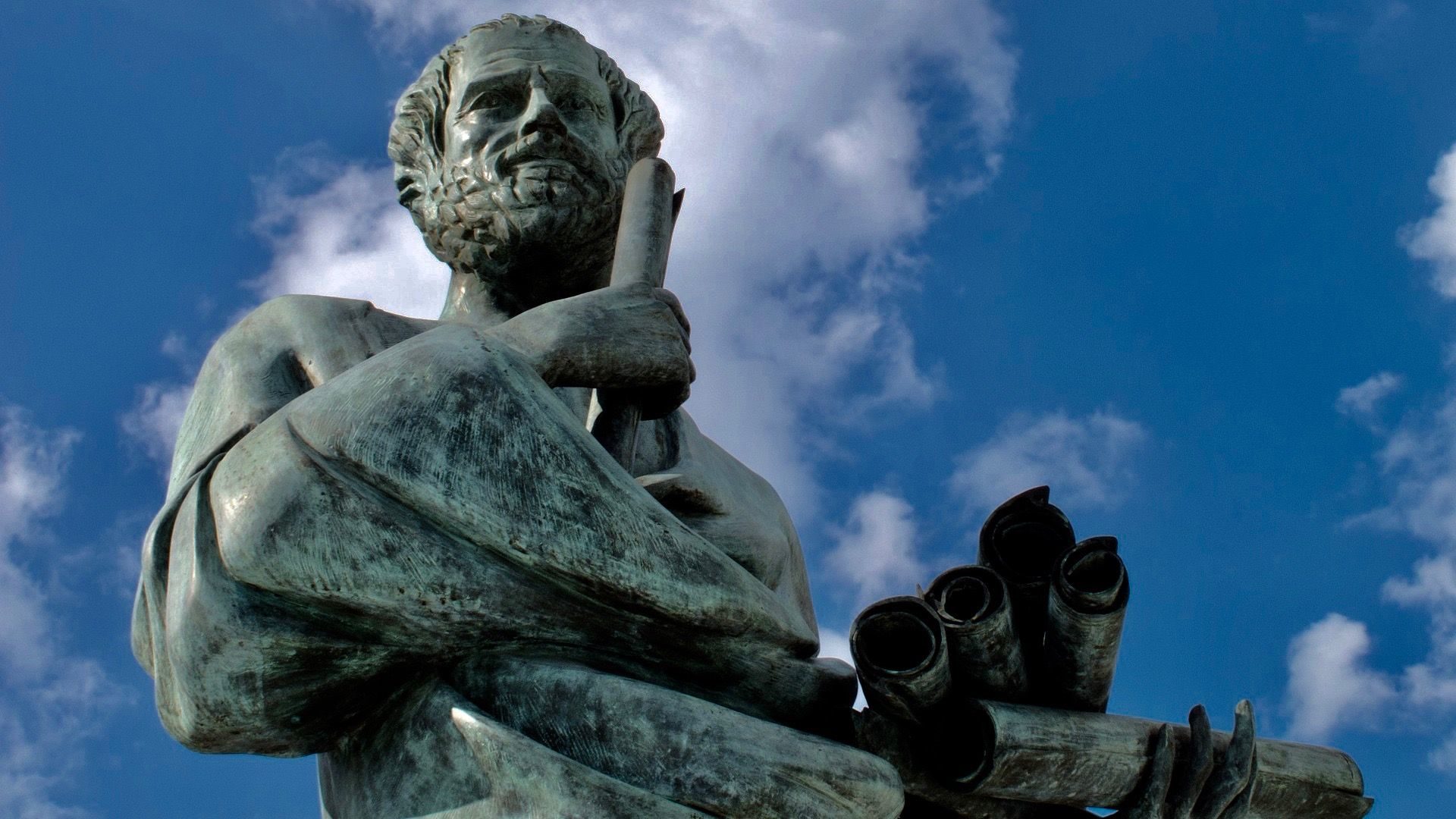OF THE
TIMES

"Highly conscientious people are more organized and responsible and tend to follow through with their obligations, to be more impulse controlled and to follow rules."Conscientious people are also more likely to exercise, less likely to smoke or take drugs or dangerous risks.

In the international bestseller, Thinking, Fast and Slow, Daniel Kahneman, the renowned psychologist and winner of the Nobel Prize in Economics, takes us on a groundbreaking tour of the mind and explains the two systems that drive the way we think. System 1 is fast, intuitive, and emotional; System 2 is slower, more deliberative, and more logical. The impact of overconfidence on corporate strategies, the difficulties of predicting what will make us happy in the future, the profound effect of cognitive biases on everything from playing the stock market to planning our next vacation―each of these can be understood only by knowing how the two systems shape our judgments and decisions.
"You don't get to the highest levels of the sport without having the basics in order."
Comment: For more on Haidt and his work, check this out.
Here's a TED talk he gave back in 2008: